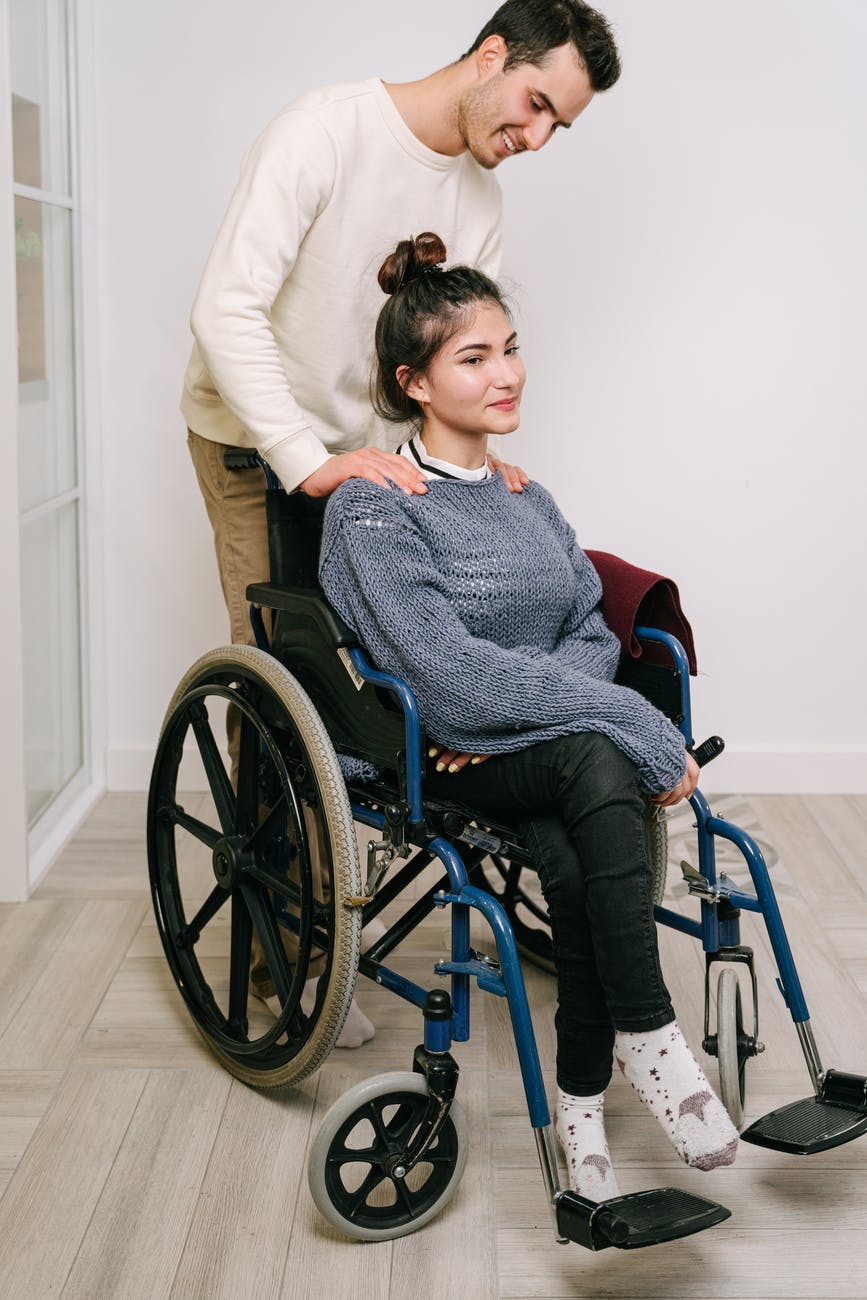While disability can present many difficulties, it can also prove to be a positive thing if you are
able stay in your own home while maintaining your independence. If you are able to find a way
to provide the needed support, you may be able to stay in your home and keep close ties with
family members. These are some tips to get you started. Below are some helpful tips to help find
the right disability service.
People often associate disabilities with a decreased quality of living. The general public does not
necessarily relate disability to a depreciation of quality of life. While people with disabilities often
believe that disability is associated with a decline in quality of life, this decrement is not
necessarily altered by the availability of health disability support services. This perception contributes to a
general prejudice about Auburn NDIS. It is also more likely to suggest that disability care is just an
extra cost, rather than a benefit to society.

The care provided for disabled people should be tailored to suit their individual needs. The
services provided will be tailored to the individual’s needs. Support may also include risk
assessment for falls. Companionship, another important aspect to disability care, is also
possible. Assisting with household chores such as shopping and cooking can be a form of
support. Individuals with disabilities need mental health support to overcome loneliness and
depression. It can also include emotional or physical support.
The “capacity of benefit” argument, which proponents of disability rights sometimes use, has
been criticized as a cover for prejudice. Respectable bioethicists also believe that the disability-
related worth of human life is intrinsically less than the capacity for other lives. These
proponents of this principle believe that the best course of action is to structure health care
resources to ensure equality of opportunity.
For example, many services for health care are located far from most communities and are
difficult to access for those with mental or physical disabilities. Furthermore, many facilities have
floors that don’t have elevators. Accessible toilets and passages can often be difficult. People
with disabilities have difficulty using fixed-height furniture. It can be difficult to navigate the
layouts of health care facilities. As a result, disability care may be a more expensive option than
most.
Specialized care is often required for people with disabilities to maintain their independence and
safety. These individuals may have different needs, ranging from mental or intellectual
disabilities to physical disabilities. A disability care provider assists people with disabilities in
their daily lives and allows them to live as fully as possible. People with disabilities may struggle
to do everyday tasks such cooking, walking, and even using the toilet. Although life can be
difficult, it can also be full with joy and meaning for people with disabilities.
Despite these weaknesses, human rights terminology does not support the argument of the
disability advocate against ex-ante discrimination and stigma. It doesnâ€TMt address the larger
problem that is disability care. For example, the UN Convention on Disability fails to mention any
special rights for persons with disabilities. However, the UN Convention on Disability does clarify
that people with disabilities have the same rights to health care as others. International human
rights treat people with disabilities equally and guarantee their rights.

